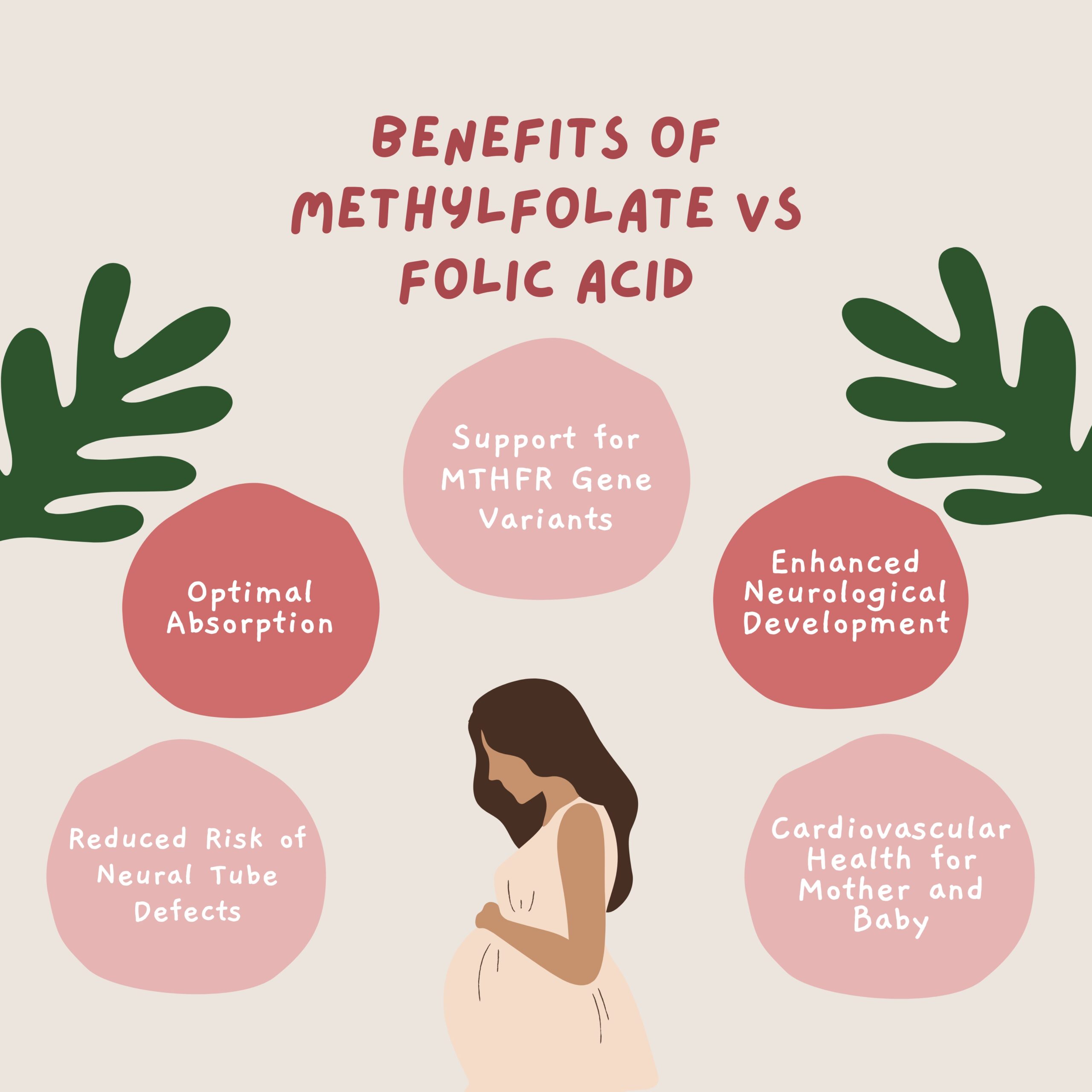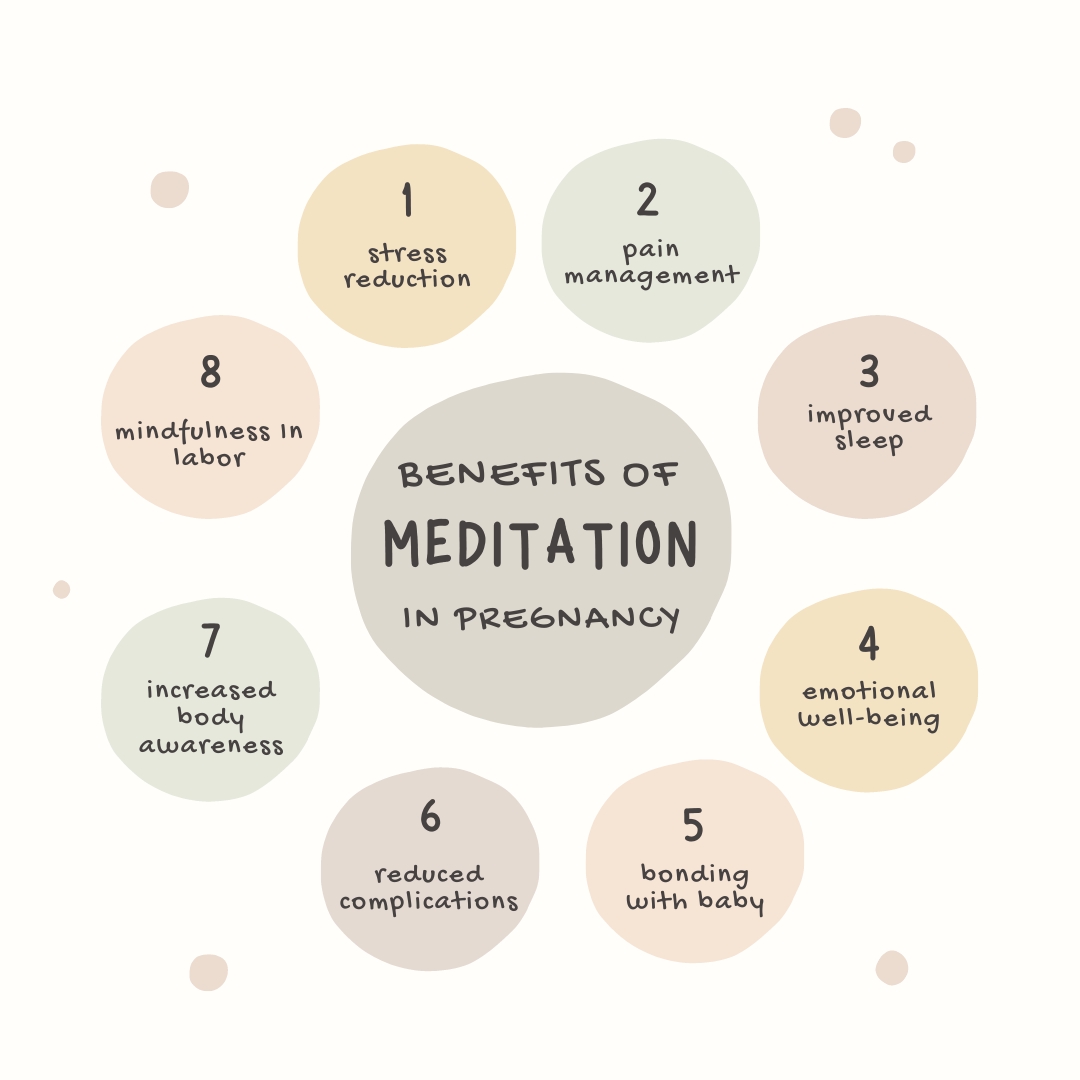Pregnancy is a beautiful journey that demands care and attention to both the mother’s and the baby’s well-being. Nutrition plays a vital role in ensuring a healthy pregnancy, and one key component is protein. Adequate protein intake during pregnancy is essential for supporting fetal development, maintaining maternal health, and promoting a smooth pregnancy journey. In this blog post, we will delve into the importance of sufficient protein intake during pregnancy and provide practical suggestions on how to increase protein in your diet.
The Significance of Protein During Pregnancy:
Protein serves as the building block for cells, tissues, and organs in both the mother and the growing fetus. Here are a few reasons why sufficient protein intake is crucial during pregnancy:
Fetal Development: Protein is vital for the development of the baby’s organs, muscles, and tissues. It aids in the formation of the placenta, which facilitates nutrient and oxygen transfer to the fetus.
Maternal Tissue Growth: During pregnancy, the mother’s blood volume and the size of the uterus increase significantly. Protein supports the growth of maternal tissues, including breast and uterine tissue, ensuring a healthy environment for the baby’s development.
Hormone Production: Many hormones involved in pregnancy regulation are protein-based. Adequate protein intake helps maintain hormonal balance, which is essential for various physiological processes during pregnancy.
Enhanced Immunity: Protein is vital for a robust immune system. A well-nourished mother can better protect herself and her baby from infections and illnesses, reducing the risk of complications during pregnancy.
Increasing Protein Intake During Pregnancy:
Now that we understand the importance of protein, let’s explore some practical ways to increase protein consumption:
Lean Protein Sources: Include lean meats like poultry, fish, and lean cuts of beef in your diet. These sources are rich in high-quality protein and provide essential nutrients like iron and zinc.
Plant-Based Proteins: Incorporate plant-based protein sources such as legumes (beans, lentils, chickpeas), tofu, tempeh, quinoa, chia seeds, and hemp seeds. These options are not only protein-rich but also provide essential fiber, vitamins, and minerals.
Dairy and Eggs: Dairy products like milk, yogurt, and cheese, as well as eggs, are excellent sources of protein. Opt for low-fat or fat-free options to maintain a balanced diet.
Nuts and Seeds: Snack on protein-packed nuts and seeds like almonds, walnuts, pumpkin seeds, and sunflower seeds. They are convenient, versatile, and provide a healthy dose of protein, healthy fats, and other essential nutrients.
Incorporate Protein in Every Meal: Ensure that every meal and snack includes a good source of protein. This could be as simple as adding some Greek yogurt to your breakfast, a handful of nuts as a midday snack, or a serving of grilled chicken or fish for dinner.
Protein-Rich Smoothies: Prepare delicious and nutritious smoothies by blending fruits, vegetables, Greek yogurt, milk or plant-based milk, and a scoop of protein powder. This is an easy way to increase protein intake and enjoy a refreshing treat.
Consult your midwife:
If you are uncertain about meeting your protein requirements or have specific dietary needs, seek guidance from your midwife, who specializes in prenatal nutrition. They can provide personalized advice and meal plans based on your unique needs.
Meeting your protein needs during pregnancy is crucial for optimal maternal and fetal health. It supports the baby’s growth, aids in maternal tissue development, maintains hormonal balance, and boosts the immune system. If you’re struggling to reach your protein goals, talk with your midwife about ways you can increase the protein in your daily diet.
By: Courtney Boaz








